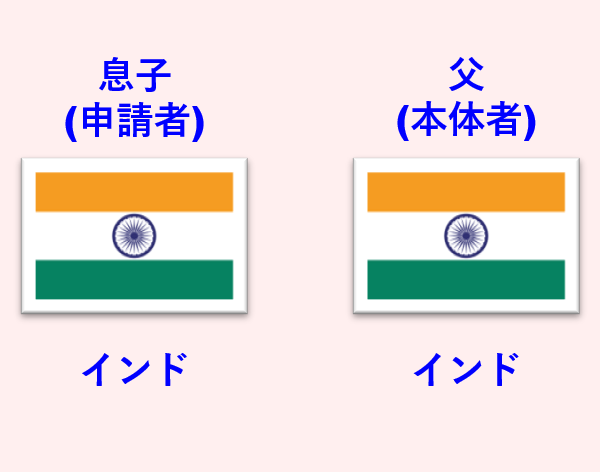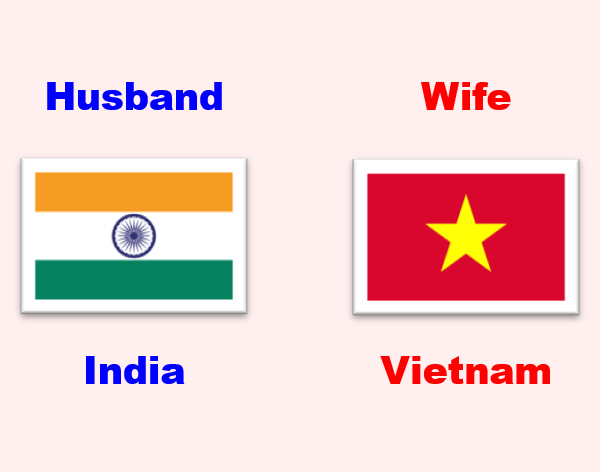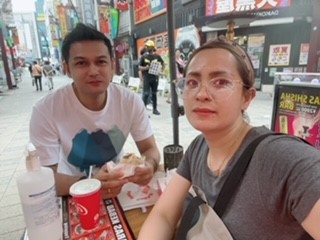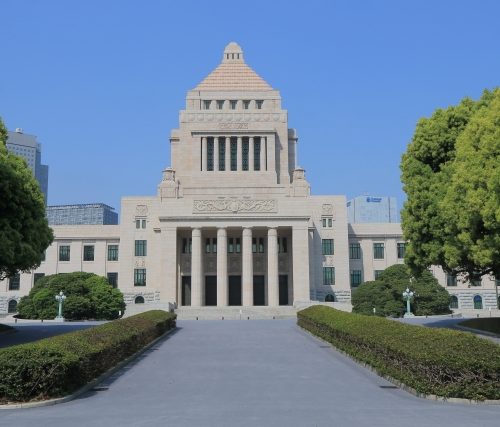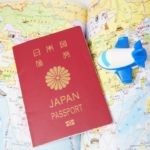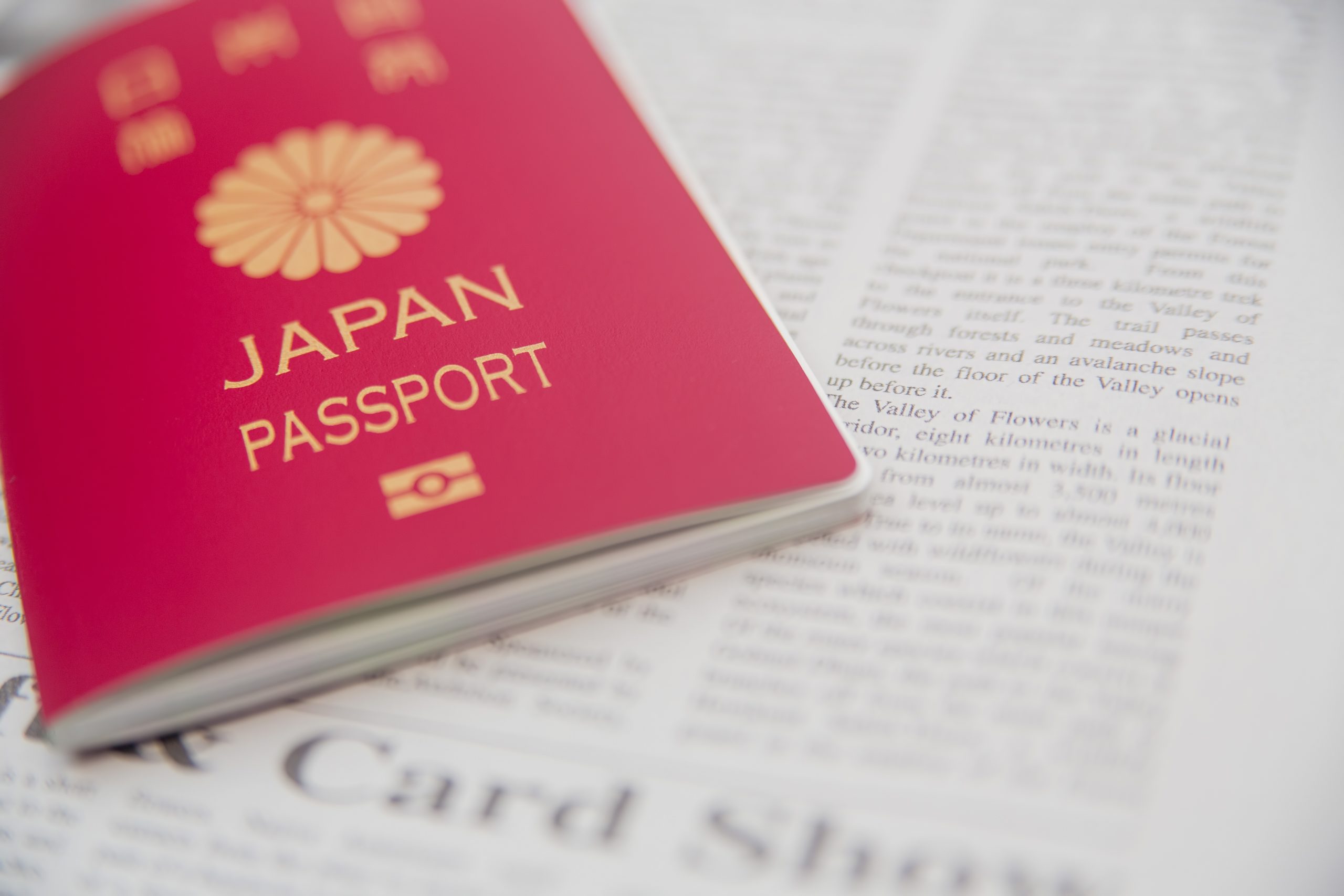
Legal Requirements of Permission for “Permanent Residence” in Japan
Good conduct / Sufficient assets or skills to earn an independent living / To be in the interest of Japan
CONTENTS
[Show/Hide]
- 1. Introduction
- 2. Change of Status of Residence is Required to Get Status of “Permanent Resident”
- 3. Legal requirements to be satisfied are different person by person
- 4. Three Legal Requirements of Permanent Residence in Japan
- Requirement 1. Good Conduct
- Requirement 2. Sufficient Asset or Skills to Earn an Independent Living
- Requirement 3. To Be in the Interest of Japan
- 5. Summary
1. Introduction
In the previous article, we explained the general information on the “Permanent Residence” in Japan.
From this article, more detailed points of permanent residence will be explained.
In this article, we will explain the legal requirements of permission for “Permanent Residence” in Japan.
- What is the procedure needed to get the permission of permanent residence in Japan?
- Details of 3 legal requirements for permission of Permanent Residence in Japan.
- Which legal requirements must you satisfy to get the permission of Permanent Residence in Japan?
=> Jump to the conclusion of this article

2. Change of Status of Residence is Required to Get Status of “Permanent Resident”
First of all, Status of “Permanent Resident” in Japan can be acquired by changing from the another status of resident.
In other words, status of “Permanent Resident” can NOT given to non-Japanese people on they enter Japan.
Therefore, please note that the legal requirements explained in this page are the requirements that must be satisfied to get the permission of change of status of residence to “Permanent Resident”.
On the other hand, children born in Japan who have foreign nationalities can get the permission of permanent of residence without the procedure of change of status of residence.
For the details, please refer to the next page “Permanent Residence of Child Born in Japan”.

3. Legal requirements to be satisfied are different person by person
The legal requirements for permission of permanent residence in Japan are listed in Japanese Immigration Control and Refugee Recognition Act §22.
There are 3 requirements in §22, however, not all the people must satisfy all the 3 requirements because the requirements to be satisfied are decided by the status/social position of the applicant as follows.
①The child of the following people:
- Japanese;
- permanent resident; or
- spouse of special permanent resident.
⇒ “Good conduct” requirement
②Those recognized as refugees:
⇒ “Good conduct” requirement and “To Be in the Interest of Japan” requirement
③Other people than the above:
⇒ “Good conduct” requirement, “Sufficient Asset or Skills to Earn an Independent Living” requirement, and “To Be in the Interest of Japan” requirement
Extra Info.
・In practice, it is not permitted to change the statuses of residence of “Student” and “Technical Intern” to “Permanent Residence”.
・The number of refugees recognized by Japanese government in 2020 was only 47 and its recognition rate was only 1.2%.
The details of each legal requirement is explained in the following section.

4. Three Legal Requirements of Permanent Residence in Japan
As aforementioned, there are 3 legal requirements for the permission of permanent residence in Japan.
- Requirement 1. “Good Conduct”
- Requirement 2. “Sufficient Asset or Skills to Earn an Independent Living”
- Requirement 3. “To Be in the Interest of Japan”
The details of those 3 requirements are as follows.
Requirement 1. Good Conduct

“Good Conduct” is defined as follows.
(1) The person is of good conduct.
The person observes Japanese laws and his/her daily living as a resident does not invite any social criticism.
“Guidelines for Permission for Permanent Residence”, Immigration Services Agency of Japan
The above clause is just a general description and the detailed conditions of “Good Conduct” requirement are explained as follows according to another guideline that is referred to by the Japanese officers on the examination of application.
Specifically, those who do NOT fall under all the following conditions (a) to (c) are recognized to satisfy “Good Conduct” requirement.
(a). Those who violated Japanese law and got imprisoned with/without work or fined for the violation in the past.
This condition has the following exceptions:
- In case the period of suspension of execution past without revocation, and 5 years has past since the end of the period of suspension of execution.
- In case the applicant is the object of Japanese Penal Code §34-2.
When the applicant fall under any one of the above exceptional conditions, the applicant is recognized NOT to fall under (a).
Extra Info.
Japanese Penal Code §34-2 is “Extinction of Punishment”.
paragraph(1):When ten years have passed since a person completed the imprisonment without work or a greater punishment or the person had such punishment remitted without another sentence of a fine or a greater punishment being imposed, the sentence shall cease to have effect. The same shall apply when five years have passed since a person completed the execution of a fine or a lighter punishment or the person had the execution of such punishment remitted without another sentence to a fine or a greater punishment being imposed.
paragraph(2):In the case of a person who was sentenced to a remitted punishment without being further sentenced to a fine or a greater punishment during a period of two years since such sentence became final and binding, the sentence shall cease to have effect.
(b). Those who are under the rehabilitation measures under Japanese Juveniles Act
More specifically, those who fall under Japanese Juveniles Act §24 paragraph(1) item(ⅰ) and (ⅲ) fall under (b).
Japanese Juveniles Act §24 paragraph(1)
Except for the case of the preceding Article, the family court, by a ruling, must subject a juvenile to rehabilitation measures as listed in the following items; …
item(ⅰ) placing the juvenile on probation at the probation office
item(ⅱ) …
item(ⅲ) referral to a juvenile training school
Japanese Juveniles Act §24 paragraph(1)
(c). Those who with the particular circumstances that are not recognized as “Good Conduct”, such as repeated illegal acts or acts corrupting the morals in daily life or social life.
Those who repeatedly commits petty crimes that do not fall under abovementioned (a) or repeatedly acts to cause much trouble on the community fall under (c).
For example, when non-Japanese people who fall under the following cases fall under (c), thus they are tend to be considered NOT to satisfy “Good Conduct” requirement.
- In case the applicant has committed a traffic violation(including drunk driving, driving without license, and excessive speeding) that are recognized to be done obviously intentionally.
- In case the applicants has more than one history of stealing.
- In case the applicant, with the permission to engage in activity other than that permitted under the status of residence previously granted, is engaged in the employment activity more than 28 hours/week, which is the legal limitation.
For example, the person with the status of “Student” and engaged in the part-time job may fall under it.
Requirement 2. Sufficient Asset or Skills to Earn an Independent Living

“Sufficient Asset or Skills to Earn an Independent Living” requirement is, in other words:
– not to be a burden on Japanese society; and
– to be expected to continue to live a stable life.
To satisfy “Sufficient Asset or Skills to Earn an Independent Living” requirement, it is necessary to satisfy the following items.
- NOT to receive welfare.
- To be recognized, at the present time and in the future, to live a stable life by him-/herself without receiving any aids or cares from the others.
For your information, the applicant him-/herself does not necessarily have to have the ability to satisfy “Sufficient Asset or Skills to Earn an Independent Living” requirement.
In other words, in some occasions, the applicants whose household has the abovementioned ability can be considered to satisfy “Sufficient Asset or Skills to Earn an Independent Living” requirement even if the applicant him-/herself does not have that ability.
Extra Info.
・The application of the applicant with a status of residence for working is tend to be denied in case his/her annual income is under JPY 3,000,000 because the amount of the income is considered not to enough to satisfy “Sufficient Asset or Skills to Earn an Independent Living” requirement.
・In case the applicant has the status of “Business Manager”, the running status of his/her company may be considered to examine the conformity for “Sufficient Asset or Skills to Earn an Independent Living” requirement.
Related Post: Japanese VISA Information / Status of Residence in Japan (ENG. ver. coming soon!)
Requirement 3. To Be in the Interest of Japan
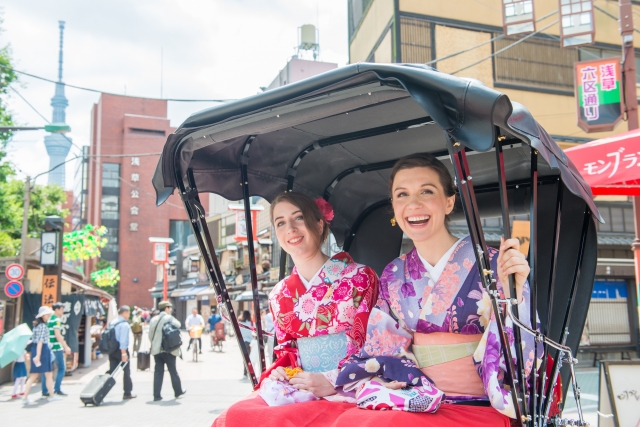
“To Be in the Interest of Japan” requirement is, in other words:
– to give some interest to Japanese society; and
– NOT to be a burden on Japanese society.
The conditions listed above are a little ambiguous, thus Japanese government provides the details in the conditions (a) to (g) as follows.
Only those who fall under all of the conditions (a) to (g) are recognized to satisfy “To Be in the Interest of Japan” requirement.
(a). To have lived in Japan for over 10 years in succession (Continuous Stay Requirement)
This condition is called “Continuous Stay Requirement”, and 10 years continuous stay in Japan is, in principle, needed to satisfy it.
Also, the “10 years” must include the history of 5 years or longer staying period in Japan with the status of residence for working or the family-related status of residence.
As mentioned above, it is, in principle, NOT permitted to change the statuses of residence of “Student” and “Technical Intern” to “Permanent Residence”.
However, by firstly changing “Student” and “Technical Intern” to any one of working statuses of residence or family-related statuses of residence, the application for changing the status of residence to “Permanent Resident” may be received.
In this case, it is necessary for the applicant to continuously stay in Japan for more than 5 years after he/she changes his/her status of residence to working status of residence or family-related statuses of residence to apply for the status of residence change to “Permanent Resident”.
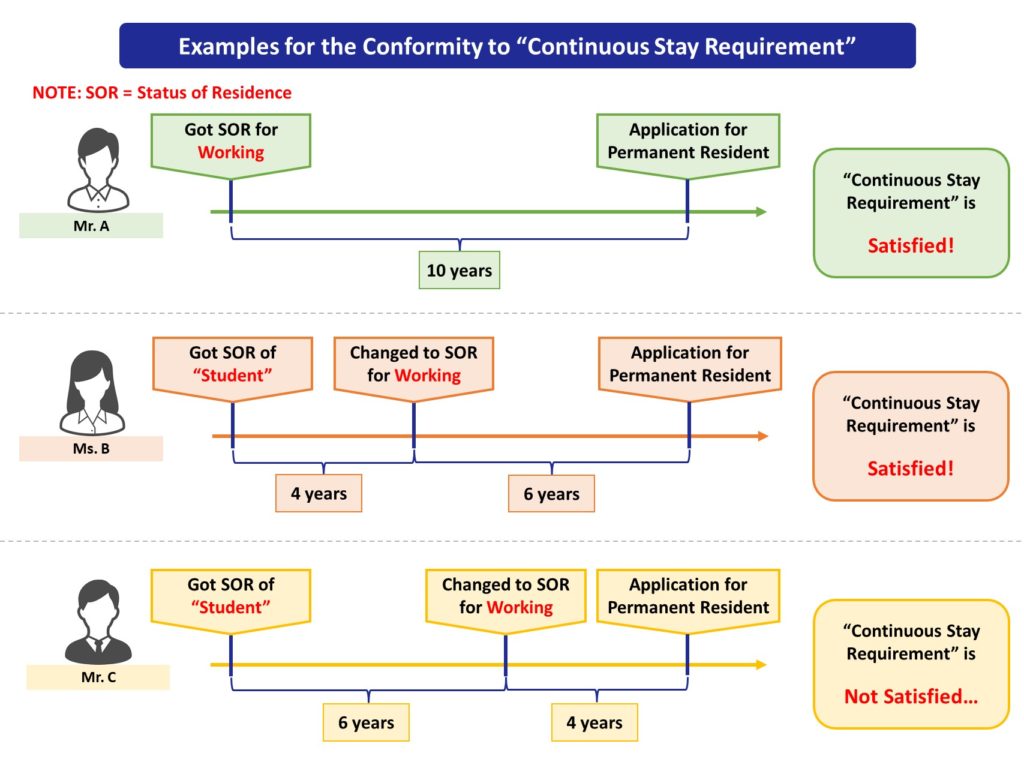
The above figure is the case study for checking the conformity to “Continuous Stay Requirement”.
As shown in the figure, they all stayed in Japan for 10 years, however, we can see the differences in their conformity to “Continuous Stay Requirement”.
Extra Info.
To get the status of residence of “Permanent Resident”, over 10 years continuous stay in Japan is, in principle, required.
However, there are some exceptional rules that allows those whose staying history in Japan is less than 10 years to get the status of residence of “Permanent Resident”.
The details on this exceptional rule is explained in the related post.
Related Post:Exception of “10-years continuous residence in Japan” on Permanent Residence Application (ENG. ver. coming soon!)
(b). To comply with the Japanese laws, such as fulfilling the public duties including tax payment duty
Public duties in this condition include the following duties:
- payment of taxes;
- payment for health insurance; and
- participation and payment for pension.
Those who do NOT fulfill the duties including above listed ones may be recognized not to fall under the “To Be in the Interest of Japan” requirement.
In case the applicant is a dependent of a supporter (= relying on the supporter for cost of living), the supporter must fulfill the above mentioned public duties.
On the other hand, it is widely recognized that immigration office normally cannot deny the application by pointing out supporter’s unfulfillment of the above mentioned public duties as sole reason of denial.
This is because supporter’s unfulfillment is just a supporter’s circumstance.
The person who is examined is just the applicant him-/herself, thus to consider the circumstances of others as reasons for the denial may be an illegal action.
This kind of illegal action is generally called “他事考慮(Taji-Kouryo)” in Japanese.
(c). To be given a longest staying period for the current status of residence
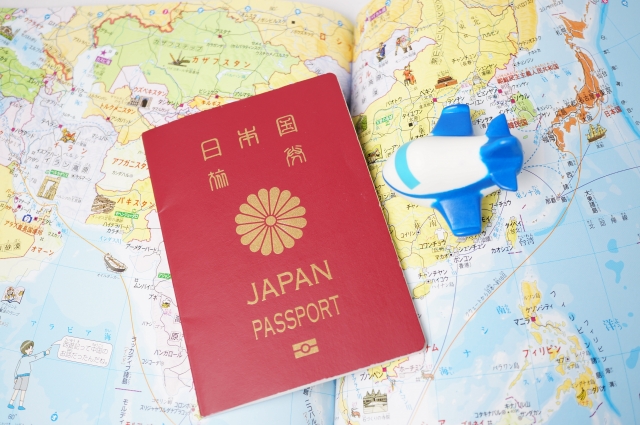
As explained in the page of “Status of Residence in Japan”, each status of residence has a plurality of staying periods and those who enter Japan are given an appropriate staying period by the Japanese administration.
Let us see the status of residence of “Engineer/Specialist in Humanities/International Services” as an example.
The status of residence of “Engineer/Specialist in Humanities/International Services” has 4 different staying periods:
5 years;
3 years;
1 year; or
3 months.
Therefore, a person having the status of residence of “Engineer/Specialist in Humanities/International Services” must be given 5 years staying period (= the longest staying period) to fall under the condition (c).
Extra Info.
The applicant with the status of residence of “Dependent” satisfies all the legal requirements except for “Continuous Stay Requirement”.
In this case, the applicant may possibly get the status of residence of “Permanent Resident” only when the application is made together with the “Permanent Resident” application of the supporter (= who supports the applicant, such as applicant’s spouse or parents).
(d). No possibility that the applicant could do harm from the viewpoint of protection of public health

“Possibility that the applicant could do harm from the viewpoint of protection of public health” means, for example, the cases where the applicant is infected with a communicable disease or is a user of illegal drug.
More specifically, following people are considered NOT to fall under the condition (d):
- the person infected with the Class I Infectious Disease, the Class II Infectious Disease, the Designated Infectious Disease, or the New Infectious Disease, which are prescribed in §6 of Japanese Act on the Prevention of Infectious Diseases and Medical Care for Patients with Infectious Diseases; and
- chronic user of narcotics, marijuana, opium, or stimulants.
(e). No possibility that the applicant could remarkably do harm on the public interest
Condition (e) can be considered to be almost same as the abovementioned “Good Conduct” requirement.
As explained above, it is necessary to fall under the 3 conditions to satisfy “Good Conduct” requirement.
As for condition (e), it is necessary NOT to fall under the following 3 conditions (conditions ① to ③) to satisfy condition (e).
(e)-①The applicant has any history to be imprisoned with/without work or to be fined under Japanese laws.
This condition does NOT include the light punishments to enforce the applicant to fulfil the administrative duties, such as payment of tax.
Additionally, when the applicant falls under the following cases, he/she is considered NOT to fall under condition ①.
In case the applicant has history to be imprisoned with/without work.
- After 10 years passed from: the completion of the term of imprisonment; or the execution of the imprisonment was remitted.
- When the applicant who has been granted suspension of sentence of imprisonment completed the term of suspension without revocation of the suspension and then another 5 years have passed from the completion of the term of suspension.
In case the applicant has history to be fined.
- After 5 years passed from: the payment of the fine; or the fine was remitted.
- When the applicant who has been granted suspension of sentence of payment of the fine completed the term of suspension without revocation of the suspension.
(e)-②Those who are under the rehabilitation measures under Japanese Juveniles Act
Condition ② can be considered to be almost same as the abovementioned condition (b) of “Good Conduct” requirement.
(e)-③Those who repeats illegal acts or acts corrupting the morals in daily life or social life.
Condition ③ can be considered to be almost same as the abovementioned condition (c) of “Good Conduct” requirement.
f. The applicants who have special permission to stay in Japan or special permission for landing must fall under any one of the following cases.
(f)-①To continuously stay in Japan for more than 1 year from the day of special permission for landing that were given to the applicant because of the applicant’s fault such as forgetting of the period of re-entry permission.

“Re-entry” means that non-Japanese person with status of residence in Japan enters Japan again after he/she temporarily left Japan.
When non-Japanese person staying in Japan wants to re-enter Japan, he/she must get the permission of re-entry before leaving Japan.
Re-entry permission period is normally 5 years or shorter.
The status of residence that non-Japanese person had would be revoked if he/she does not go back to Japan within the permission period.
“Special permission for landing” means that Minister of Justice exceptionally permits, at his/her discretion, non-Japanese person to land on Japan in cases of emergency including the abovementioned situation.
(f)-②To continuously stay in Japan for more than 1 year from the day of special permission to stay in Japan that were given to the applicant because of the applicant’s overstaying resulted from the applicant’s fault such as forgetting of period of stay.

As explained in the page of “Application for Extension of Period of Stay”, non-Japanese people staying in Japan must extend their periods of stay before the day when the period of stay ends so as to continue the stay in Japan.
Non-Japanese people might be enforced to leave Japan if his/her period of stay passes without applying for its extension.
This is because overstaying is one of the reasons of deportation.
“Special permission to stay in Japan” means that Minister of Justice exceptionally permits, at his/her discretion, non-Japanese person to continue to stay in Japan in cases of emergency including the abovementioned situation.
(f)-③To continuously stay in Japan for more than 3 years from the day of special permission for landing or special permission to stay in Japan (excluding the cases of ① and ②)
When the applicant receives the special permission for landing or the special permission to stay in Japan and does not fall under the conditions ① and ②, he/she must continuously stay in Japan for 3 years from the day of permission.
(g). Not to be, in principle, a burden on Japanese society.
Non-Japanese person who does NOT fall under condition (g) is considered NOT to satisfy “Sufficient Asset or Skills to Earn an Independent Living” requirement, then he/she cannot get permanent residence.
As explained above, “To Be in the Interest of Japan” requirement includes the conditions (a) to (g), and only those who fall under all the conditions are recognized to satisfy “To Be in the Interest of Japan” requirement.

5. Summary
As explained in this article, many requirements must be satisfied for getting permanent residence in Japan.
Permanent residence gives the right to non-Japanese people to live in Japan without the duty of extension of period of stay, in other words, it provides a strong right to foreigners.
Therefore, there are strict examination on the application for permanent residence.
- What is the procedure needed to get the permission of permanent residence in Japan?
Generally, change of status of residence from the current status of residence is required to get the permission of permanent residence in Japan. - There are 3 legal requirements for permission of Permanent Residence in Japan.
Requirement 1. “Good Conduct”
Requirement 2. “Sufficient Asset or Skills to Earn an Independent Living”
Requirement 3. “To Be in the Interest of Japan” - Which legal requirements must you satisfy to get the permission of Permanent Residence in Japan?
①The child of the following people:
– Japanese;
– permanent resident; or
– spouse of special permanent resident.
⇒ “Good conduct” requirement
②Those recognized as refugees:
⇒ “Good conduct” requirement and “To Be in the Interest of Japan” requirement
③Other people than the above:
⇒ “Good conduct” requirement, “Sufficient Asset or Skills to Earn an Independent Living” requirement, and “To Be in the Interest of Japan” requirement
The next article is on “Permanent Residence of Child Born in Japan”.
If you have some questions or points to be more deeply explained, please feel free to ask us through the contact form!
Japanese Immigration Column
Columns on Japanese immigration, visa, naturalization, and diplomatic affairs.
- Case Study: Re-application for “Temporary Visitor” visa & Re-application for COE for “Long Term Resident” (vi-A)We, Immigration Lawyer SUGITA International Office, supported re-application for “Temporary Visitor̶ […]
- Customer’s Review: Married couple (India & Vietnam) from Shiga / “Permanent Resident”The clients are married couple (Indian & Vietnamese) living in Shiga prefecture, Japan. Husband was […]
- Customer’s Review:Mr. & Ms. Hiratsuka / Re-marriage without Annulment or Judicial Recognition & COEMs. Hiratsuka once got married and divorced a Japanese man, and she would like to re-marry her current husband […]
- New Service: Low Priced Visa Extension Support / Complete your visa extension application AT YOUR HOUSEToday, we launched new “Visa Extension Applicaition Support” service.You can make visa extension a […]
- Japan to Accept Over 100,000 Foreign StudentsJapan is accelerating acceptance of foreigners, especially foreign students. 150,000 foreign students are waiting to enter Japan, and 100,000 of them are forecasted to enter Japan until end of May 2022.
- Japan Government to Change Upper Limit of Entrance to 10,000/day from April 10On April 1, 2022, Japan Chief Cabinet Secretary Hirokazu Matsuno declared that Japanese government will loose the entrance regulation to change the upper limit from 7,000/day to 10,000/day from April 10.
- Japan Government to Provide Life Support Money and Place for Residence, Chief Cabinet Secretary SaidOn April 1, 2022, Japanese Government held the conference for discussing the acceptance of Ukraine refugees.
- Yokohama-city, Japan, to accept Ukraine RefugeesOn Mar. 8, 2022, Mayor of Yokohama-city, Kanagawa Pref., Japan, declared that Yokohama-city prepared approximately 80 municipal housings for Ukraine refugees.
- Japanese Special Measure “COE Extension” due to Omicron VariantOn Dec. 28, 2021, Immigration Services Agency of Japan has declared the special extension of COE validity due to the impact of omicron variant.
- Sanction “Suspension of Visa Issuance”, Japanese Prime Minister Kishida has announcedOn Feb. 23, 2022, Japanese Prime minister Kishida Fumio announced the sanctions on Russia. The sanctions include the suspension of visa issuance against Russian citizens.
- Japan to increase number of entry up to 7,000/day, Kishida declaredOn Mar. 3, 2022, Japanese Prime Minister Kishida declared that Japan will loosen the regulation of entry of foreigners from 5,000 to 7,000/day.

